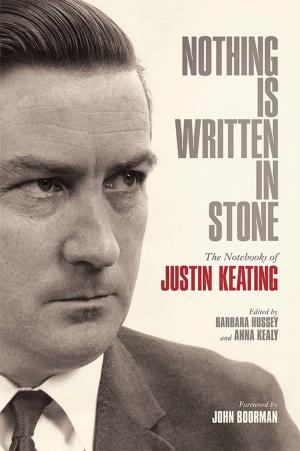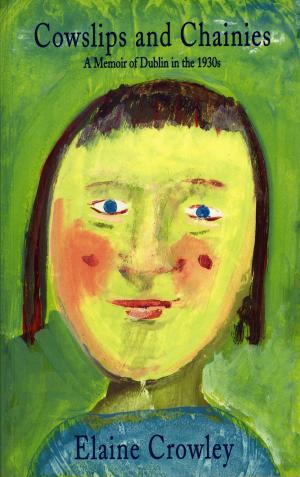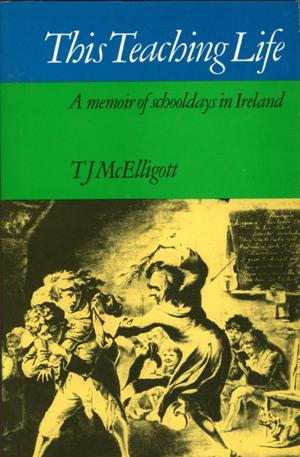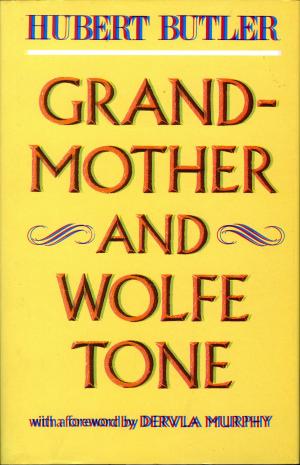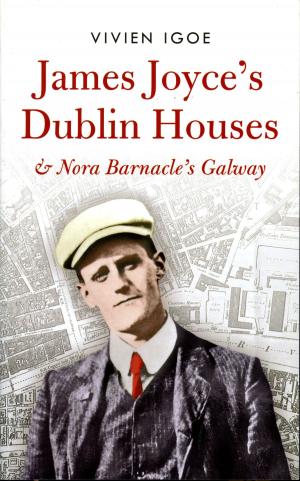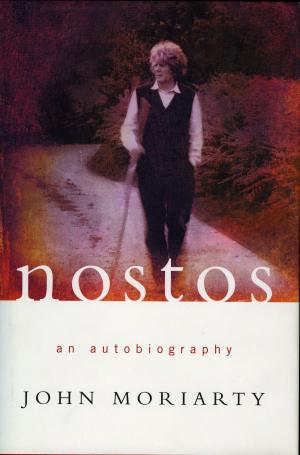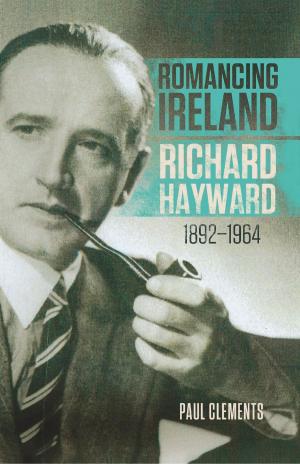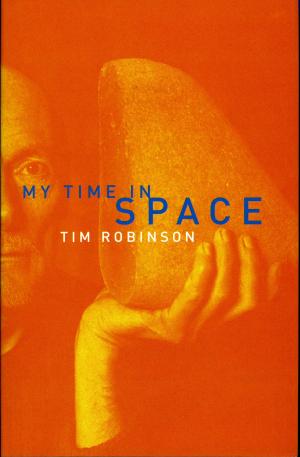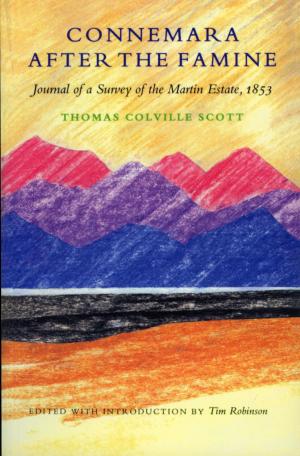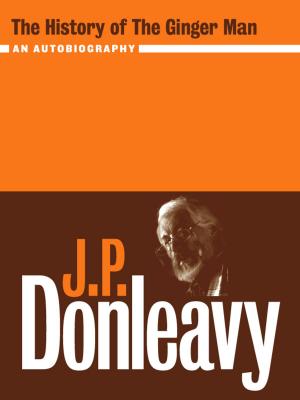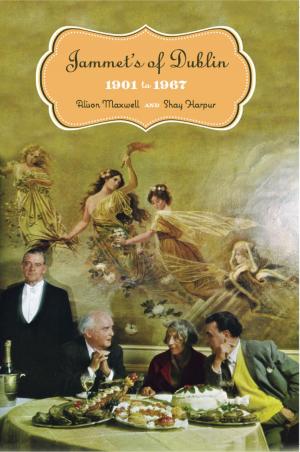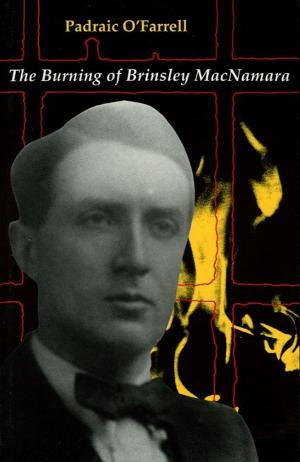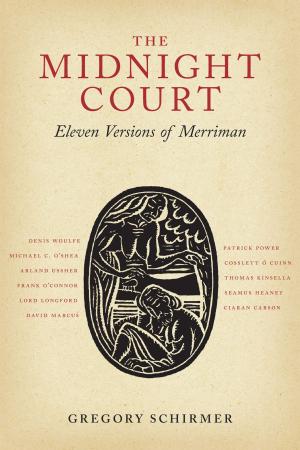| Author: | Hubert Butler | ISBN: | 9781843513551 |
| Publisher: | The Lilliput Press | Publication: | January 1, 1996 |
| Imprint: | The Lilliput Press | Language: | English |
| Author: | Hubert Butler |
| ISBN: | 9781843513551 |
| Publisher: | The Lilliput Press |
| Publication: | January 1, 1996 |
| Imprint: | The Lilliput Press |
| Language: | English |
In The Land of Nod is the fourth and final volume of Hubert Butler's essays and crowns a remarkable literary odyssey. As Neal Ascherson writes: 'When the first collection appeared in 1985 he was already an old man/ His fame began to spread across his native Ireland and then across the world. By the time of his death in 1991 readers throughout Europe and America were asking in amazement why he had not been part of their common culture before.' This final offering contains some of Butler's most characteristic and revealing work. Its subjets are, variously, literature, language and religion' the politics and culture of the Balkans and Mitteleuropa; and Irish history. Essays on Henry Flood, Wolfe Tone, Pushkin, Chekhov (an unintended self-portrait). F.R. Leavis and Shaw accompany others on Fichte, Maria Pasquinelli, Himmler, Alexi Gierowsky and Martin Luther King. Butler's themes embrace nationalism versus racialism, Communism versus Christianity, the writer as independent spirit, puns and tribal ancestors in the Bible, the workings of history, the interrogation of self. His humanism and range of sympathies, his prescience, his voice, reveal him as one of the outstanding thinkers and writers of the age.
In The Land of Nod is the fourth and final volume of Hubert Butler's essays and crowns a remarkable literary odyssey. As Neal Ascherson writes: 'When the first collection appeared in 1985 he was already an old man/ His fame began to spread across his native Ireland and then across the world. By the time of his death in 1991 readers throughout Europe and America were asking in amazement why he had not been part of their common culture before.' This final offering contains some of Butler's most characteristic and revealing work. Its subjets are, variously, literature, language and religion' the politics and culture of the Balkans and Mitteleuropa; and Irish history. Essays on Henry Flood, Wolfe Tone, Pushkin, Chekhov (an unintended self-portrait). F.R. Leavis and Shaw accompany others on Fichte, Maria Pasquinelli, Himmler, Alexi Gierowsky and Martin Luther King. Butler's themes embrace nationalism versus racialism, Communism versus Christianity, the writer as independent spirit, puns and tribal ancestors in the Bible, the workings of history, the interrogation of self. His humanism and range of sympathies, his prescience, his voice, reveal him as one of the outstanding thinkers and writers of the age.

